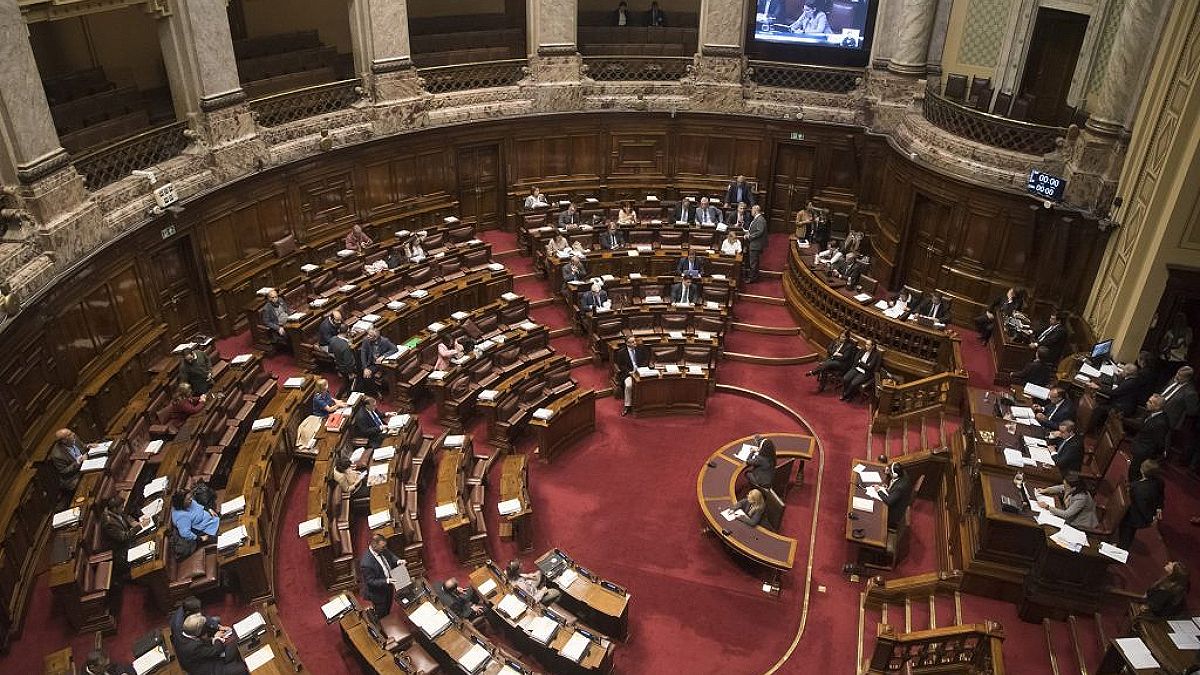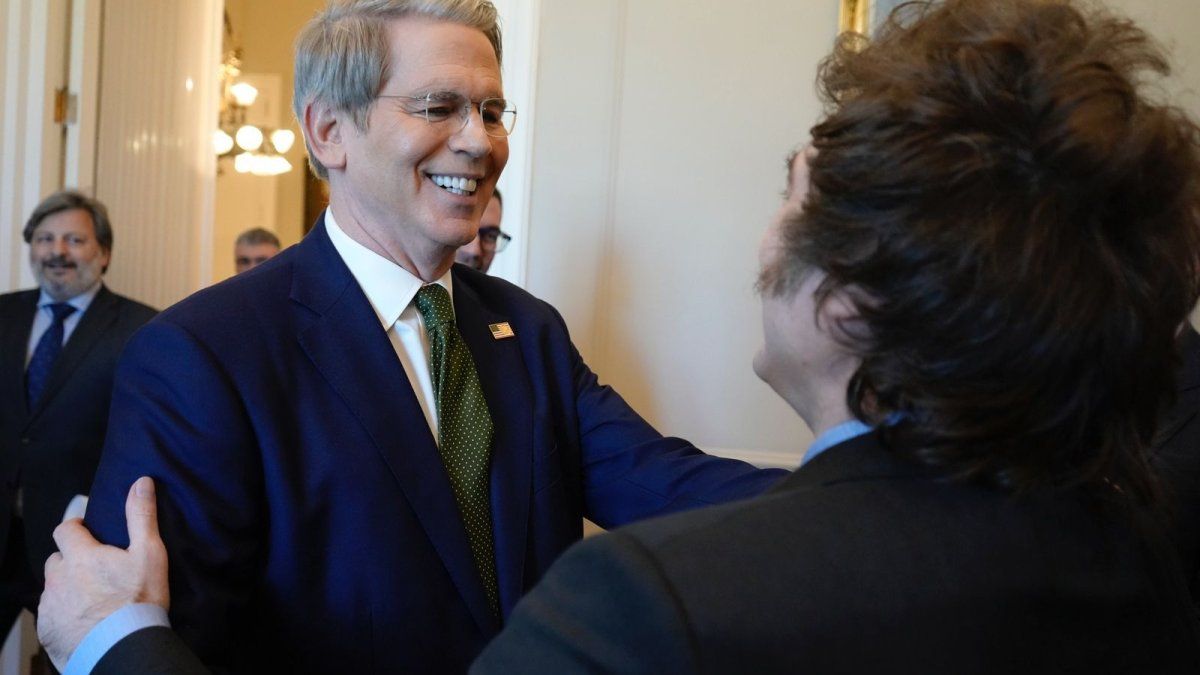He Parliament decides this Tuesday whether to approve the controversial bill or not Media law which not only generated tensions within the Single Telecommunications Union (Sutel) —which is carrying out a strike today—, but also within the Multicolor Coalition just in case Colorado Party (PC) against Article 72.
This Tuesday, Parliament will vote on the Media law presented by the Executive powera project that was presented as “serious and urgent” but ended up being postponed on two occasions due to the demands of the Colorado Party due to the indecisions generated by a particular article.
The peculiarity of this law is that it has already been voted on in both chambers, first in Deputies and later in the Senate where some modifications were made, including Article 72 which promotes “impartiality” in political propaganda. In this way, Deputies The only thing left to do is to vote for or against the project, since no other article can be modified.
This was what generated doubts within the PC, which accuses the article of violating the “right to freedom of the press and freedom of expression.” However, after several pressures generated within the coalition, especially by Town meetingthe Colorados decided to give the go-ahead in the vote, but on the condition that the Executive Branch vetoes that article, a reality that is not yet confirmed.
Embed – House of Representatives. Regular session. Tuesday, August 6, 2024, 4:00 p.m.
Sutel’s rejection
In parallel, the Single Telecommunications Union (Sutel) which is carrying out a 24-hour strike and a demonstration in Parliament against the approval of the project.
According to the union, the rejection of the law has several aspects, but one of the most important is the questioning of Article 72, which they classify as prior censorship.
“On the other hand, there is the economic dimension. The economic structure that is generated from the mass media is more concentrated,” he explained, Florence LeymonieSutel leader, referring to the permission granted by the Executive Branch to cable operators in the middle of last month.
“Legislation is passed without taking into account Antel, There are even articles that establish certain impediments for Antel to develop certain business areas,” the leader criticized.
Leymonié also criticised the way the bill was dealt with. “First, it entered the Senate as a matter of seriousness and urgency, and last week we learned from the information that the Coalition had finally obtained its majority to deal with the bill in the House, two steps away from a national election,” he added.
Questions surrounding Article 72
International organizations such as the UN and Inter-American Press Association (IAPA) They warned the government about the controversial media law voted in the Senate, particularly for the article added by Town meeting which could involve censorship.
The Regional Office of the Unesco in Montevideo and the regional representative for South America, United Nations High Commissioner, Ernesto Fernandez Polcuch and Jan Jarab respectively, expressed their concern that the project had been processed without prior debate and because it is contrary to “international standards in the matter of freedom of expression“.
“We call on the members of the House of Representatives, who will vote on this bill, to promote international provisions of human rightsas well as its subsequent consideration in consultation with social actors, including media, journalists and their associations,” they added in a statement.
For its part, the IAPA expressed its “alarm and rejection” of article 72 of the media law. The organization claims that it was “added at the last minute to a project that imposes regulations on content.”
“It generated questions and rejection in the media, academics and press organizations, among other sectors, considering it a step backwards due to its possible negative effects on the exercise of freedom of expression and for violating international standards in this area,” he said.
Source: Ambito




